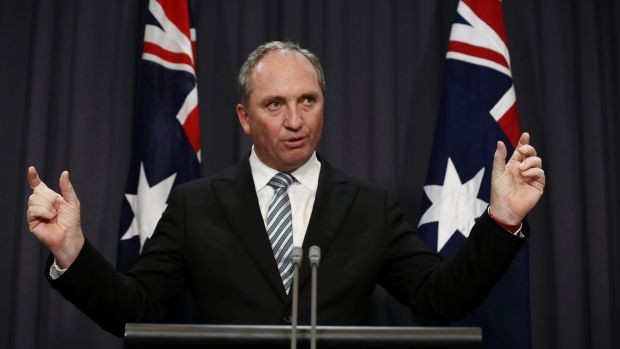A Turnbull government plan to quietly ratify the China-Australia extradition treaty has collapsed, with mounting opposition from the Coalition backbench causing the government to withdraw the treaty from Parliament.
Opposition Leader Bill Shorten rang Prime Minister Malcolm Turnbull on Tuesday morning, just after 8.30am, to inform him Labor's shadow cabinet had resolved on Monday night it would not support the ratification of the extradition treaty.
More World News Videos
Australia-China relations tested
Malcolm Turnbull has scrapped plans to ratify the extradition treaty with China after opposition from all sides of politics on human rights grounds. Courtesy ABC RN, Sky News.
At 8.50am, Mr Turnbull rang back Mr Shorten and told him he would pull the treaty, a humiliating backdown for the Prime Minister that comes just days after Chinese Premier Li Keqiang visited Australia.
Labor's decision not to ratify the treaty effectively ensured it would be disallowed in the Senate by a combination of their 26 votes, the nine Greens, the three members of Nick Xenophon Team and senator Cory Bernardi.

The Prime Minister's decision to pull the treaty and avoid defeat in the Parliament is embarrassing for Foreign Minister Julie Bishop, Deputy Prime Minister Barnaby Joyce and Trade Minister Steve Ciobo, who all publicly defended the deal on Tuesday morning.
Fairfax Media revealed on Monday evening that Ms Bishop and Justice Minister Michael Keenan had stepped in to quell a backbench revolt over the looming ratification of the extradition deal, which had been signed under the Howard government in 2007 but has not come into effect.
Ms Bishop said on Tuesday that she disagreed with Mr Abbott's criticisms and spruiked the safeguards contained in the treaty. She warned Australia could not become a "safe haven" for criminals and suggested abandoning the treaty could impact relations with China.

"It's very much in our national interest for us to have an extradition treaty with China because we want to ensure that we can continue to have a very close relationship with them in counter-terrorism, consular matters and our relationship more broadly," she said on Tuesday morning.
The Foreign Minister said Australia could block extraditions if the person might be executed, subjected to inhumane treatment or receive an unfair trial. She also observed that Australia has extradition deals with countries such as Venezuela, the United Arab Emirates and Vietnam that have justice systems "no more developed than China's".
Mr Joyce warned it would be foolish of the Senate crossbench and Labor to kill the agreement, which was signed by the Howard government ten years ago but not ratified, but conceded Coalition MPs also had concerns.
"As sure as God made little green apples, there are people in China who think the way they can get out of a crime is to get on a plane and get somewhere else as quickly as possible," he said on Tuesday.
"If you go out and make some grand statement in the Senate today, it's just foolishness and I can't believe to be honest that the Labor Party is going to participate in this."
Trade Minister Steve Ciobo also warned the collapse of the treaty could affect three Crown Resorts employees being held in China. It is not clear how this could be the case, given the men are in China and being held by law enforcement officials.
The three Australian citizens have been detained since October on suspicion of violating strict anti-gambling promotion regulations, with the government and Crown owner James Packer seeking their release.
Senator Bernardi, who defected from the Liberal Party to sit on the crossbench, said concerns about China's legal system and executions should scuttle the deal, while Labor and Senate forces including Nick Xenophon and the Greens are likely to vote to disallow the treaty, effectively killing it off.
Senator Bernardi said serious questions about China's legal process remained.
"They have 1.2 million convictions every year and only 1000 people manage to receive clearance from the court system over there," he told ABC radio.
"It's a 99.99 per cent conviction rate - I don't know anyone that really thinks that's transparency or justice as we know it."
Prime Minister Malcolm Turnbull defended the deal on Monday, arguing "very considerable protections" in the treaty protected human rights.
Labor's treasury spokesman Chris Bowen said his party had considered wider implications as part of rejecting the treaty.
"I can assure you we've looked very, very closely... at all the issues involved and come to a very well-considered view, after long deliberation, on what is a serious matter," he said.













48 comments
New User? Sign up